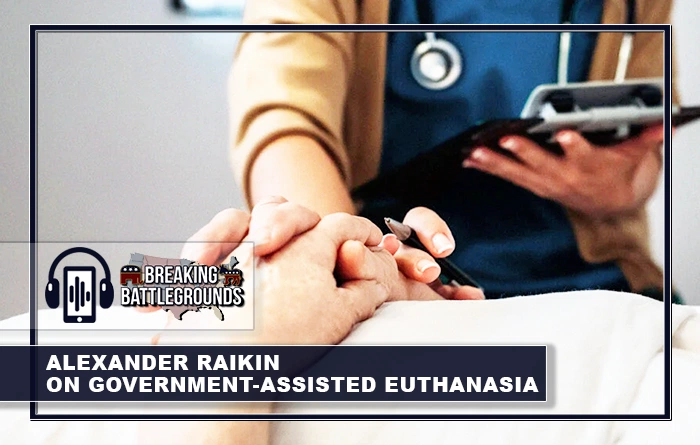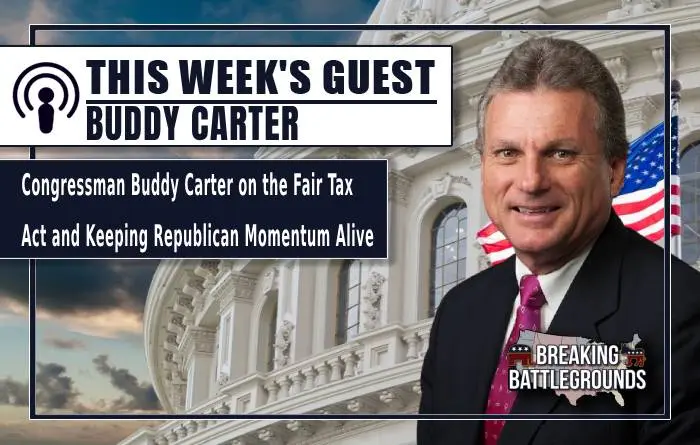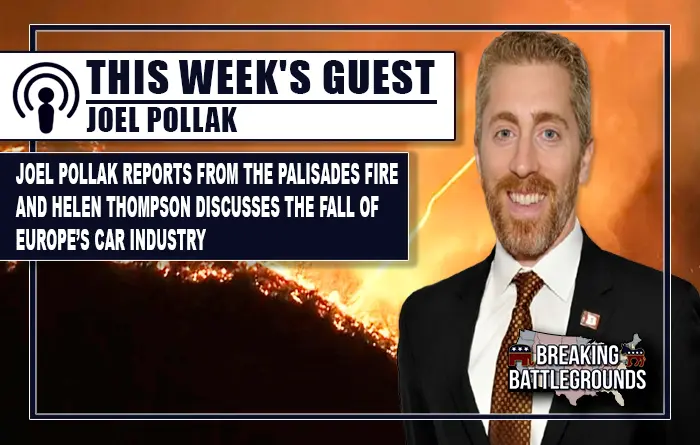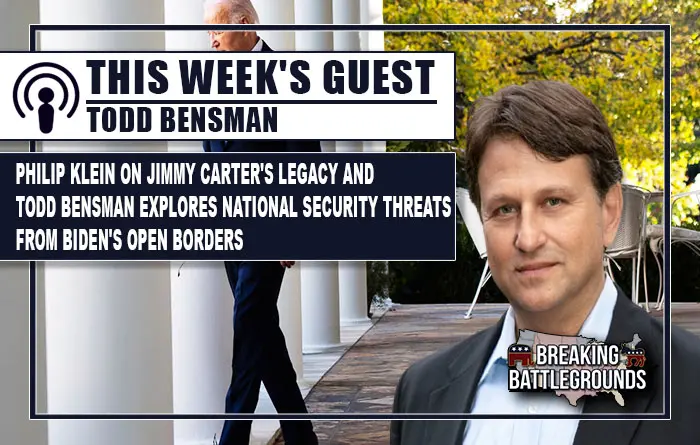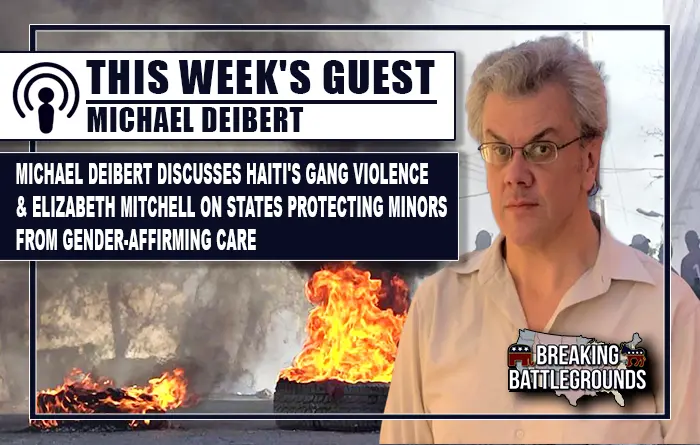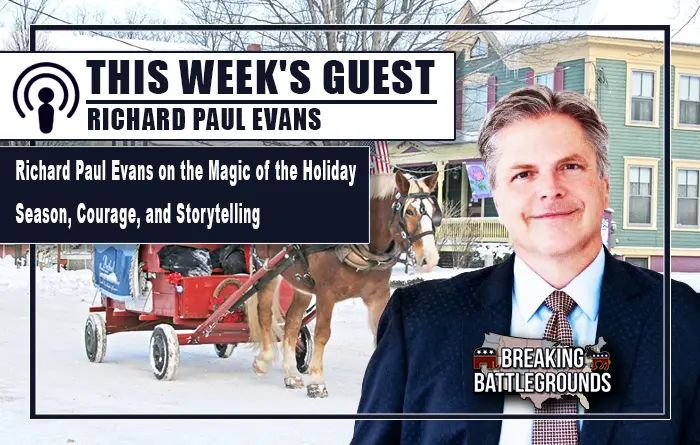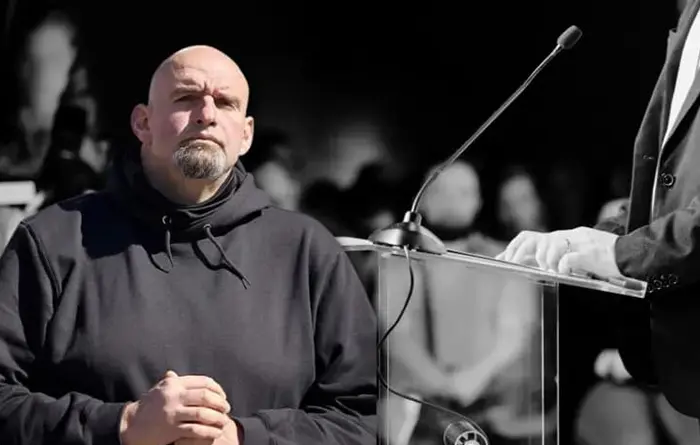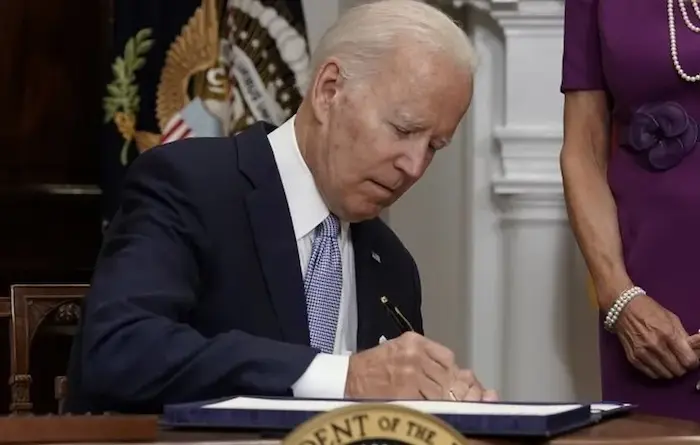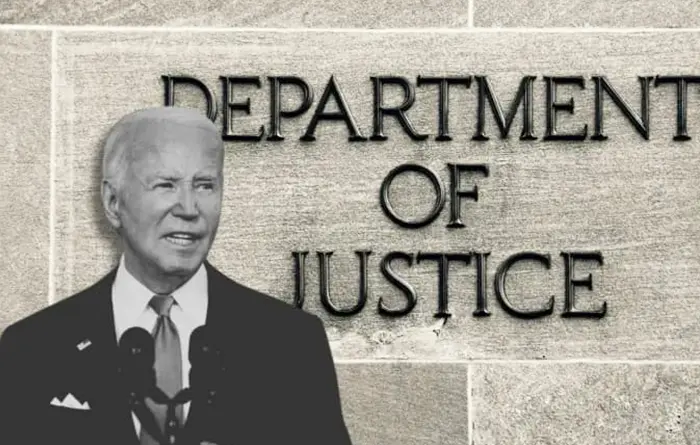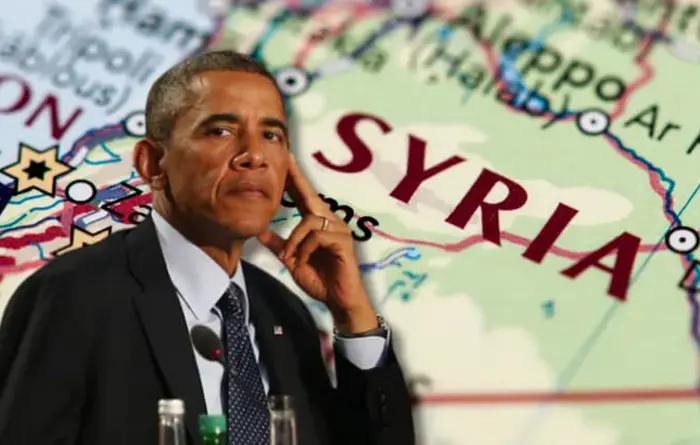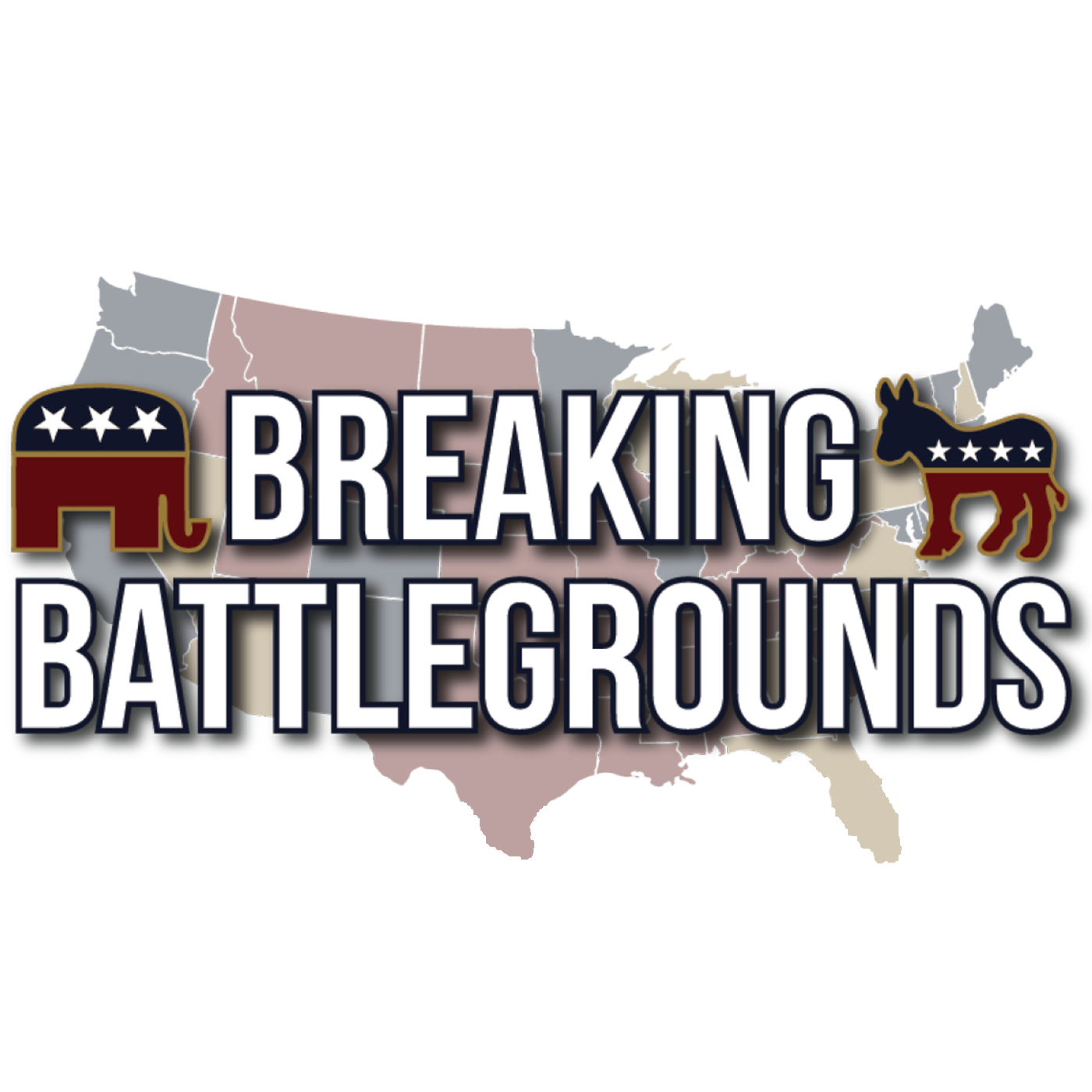Alexander Raikin joins Breaking Battlegrounds this week to discuss government-assisted euthanasia, particularly focusing on the financial aspect and the ethical implications. We discuss a report suggesting significant healthcare savings through medically assisted deaths and how these programs were initially presented to the public. Alexander Raikin points out the discrepancy between initial assumptions and actual outcomes, highlighting a shift in perspective over time. Tune in now!
Listen at 29 minutes and 17 seconds:
SAM STONE: Continuing on the line with us right now, Alexander Raikin, freelance journalist, covers medical ethics and bad statistics.
We’ve had him on the program several times here before to talk about everything that’s been going on with government-assisted euthanasia. I don’t even like medically assisted because this isn’t a medical thing, Chuck.
This is really a government program to cut costs in socialized medical systems
CHUCK WARREN: Cut costs and hassle. We don’t want to be bothered with this anymore. So let’s just save the money.
SAM STONE: It’s worth noting that all these systems that are promoting this are places where it takes a very long time to get medical care for normal treatment.
CHUCK WARREN: Exactly.
So in 2017, Alexander, there was an article in CBC which said medically assisted deaths could save millions in health care spending across Canada. The journal calculates 136.8 million dollars in savings annually.
I read through this article and it was so clinical that it just absolutely took the soul out of human beings.
SAM STONE: And it made you wonder what’s happening now.
CHUCK WARREN: Yeah.
SAM STONE: That’s six, seven years ago.
CHUCK WARREN: What has transpired since they came out with these savings? What has transpired since this report came out?
ALEXANDER RAIKIN: Right, so the cost savings if we’re going to describe, if we’re going to describe human lives in that way, they’ve increased tremendously, right. So the two researchers who wrote that original report, they assumed that a hundred percent of patients who die through medically assisted deaths, which again you know a medically assisted death used to just be called palliative care right now it’s you know euthanasia you know, and they assume that a hundred percent of those patients would have otherwise died in under a month, right?
So they assume that the people who would choose euthanasia or assisted suicide would be patients who are dying anyhow in a matter of days or weeks.
SAM STONE: And that’s how these programs were sold initially to the public, correct?
ALEXANDER RAIKIN: Yes, yes, right?
Everything has been tried, right?
There’s nothing else left, right?
They’re dying anyhow, right?
Why can’t we just help them die, right?
That’s how the programs were sold, okay?
Well in 2022 the last year that we have data and we only have data about natural prognosis expectancies in Quebec, right, so how long would people have left to live and we find out that you know in the last year a majority of patients who die from MAID would have lived over a month. So we went from a hundred percent are going to die in under a month to a majority are living past a month.
Listen to Alexander’s full interview on Breaking Battlegrounds
Alexander Raikin is a freelance journalist and a writer interested in medical ethics and bad statistics. His writings have been published in City Journal and The New Atlantis. Alexander is also a research fellow with Do No Harm. He can be found on X at @AlexanderRaikin.

